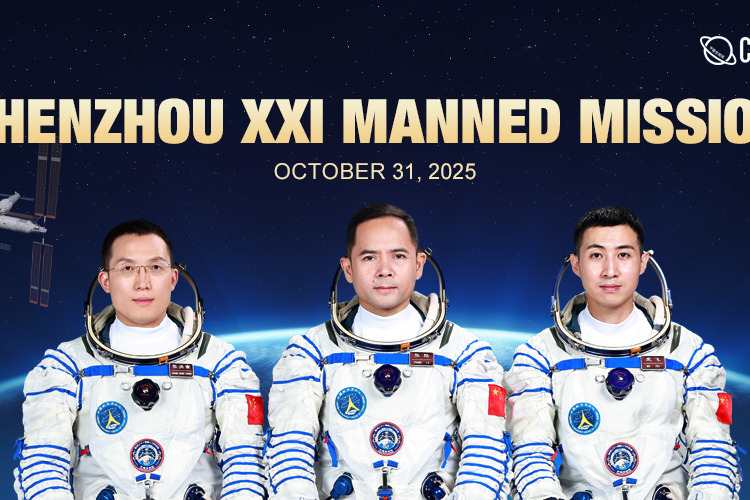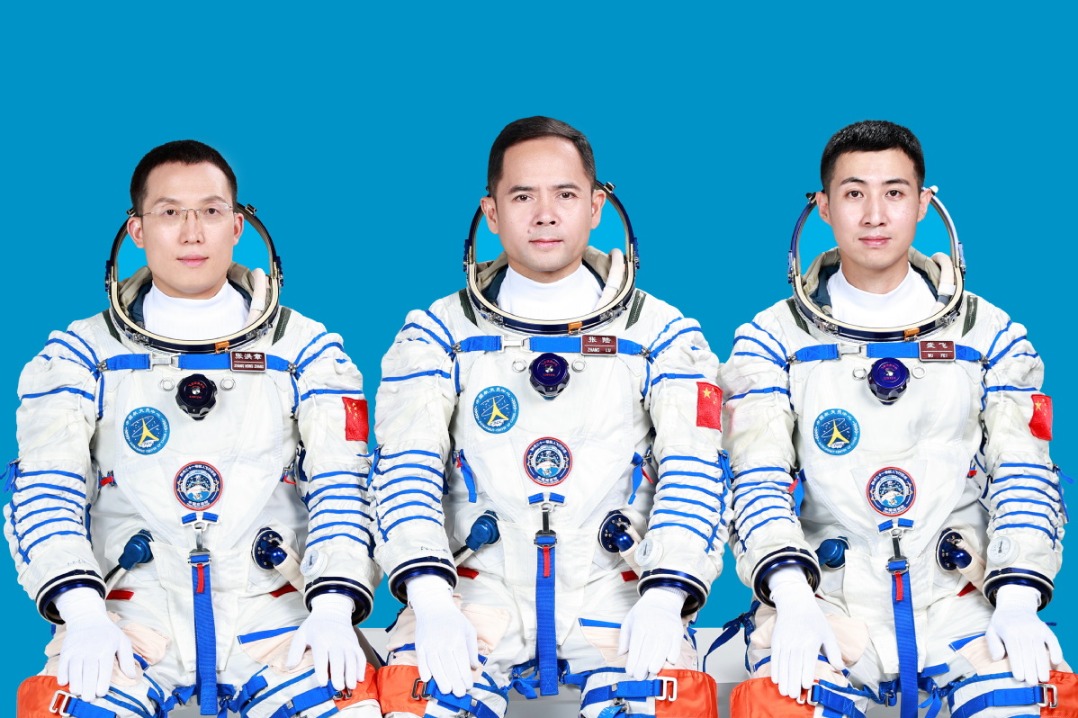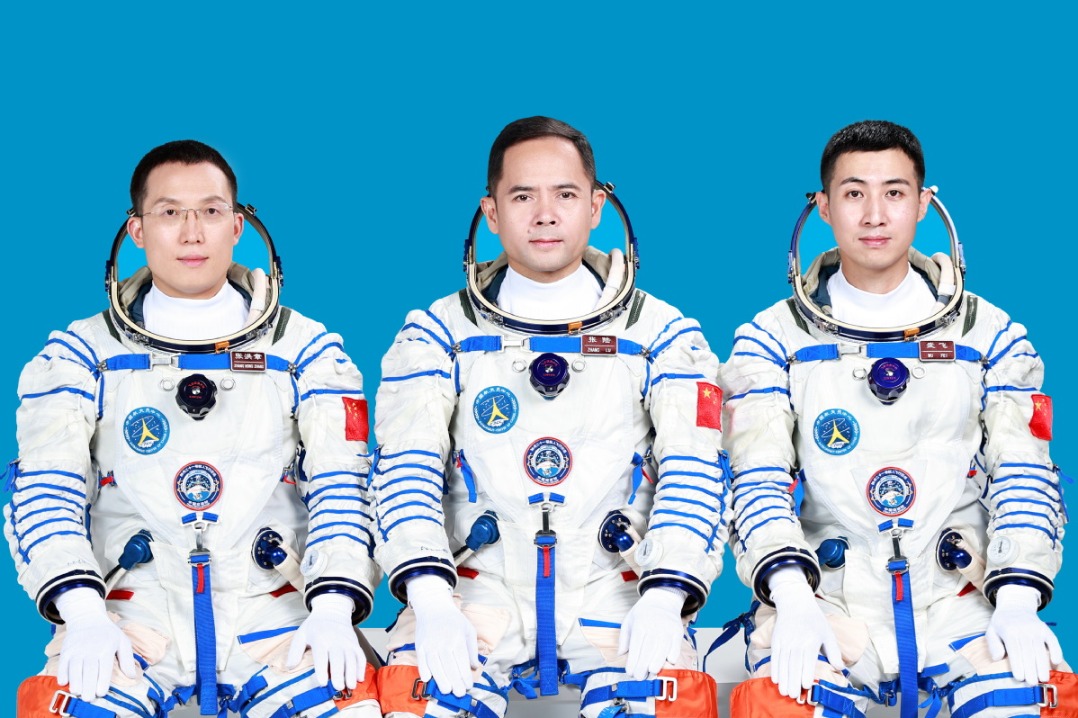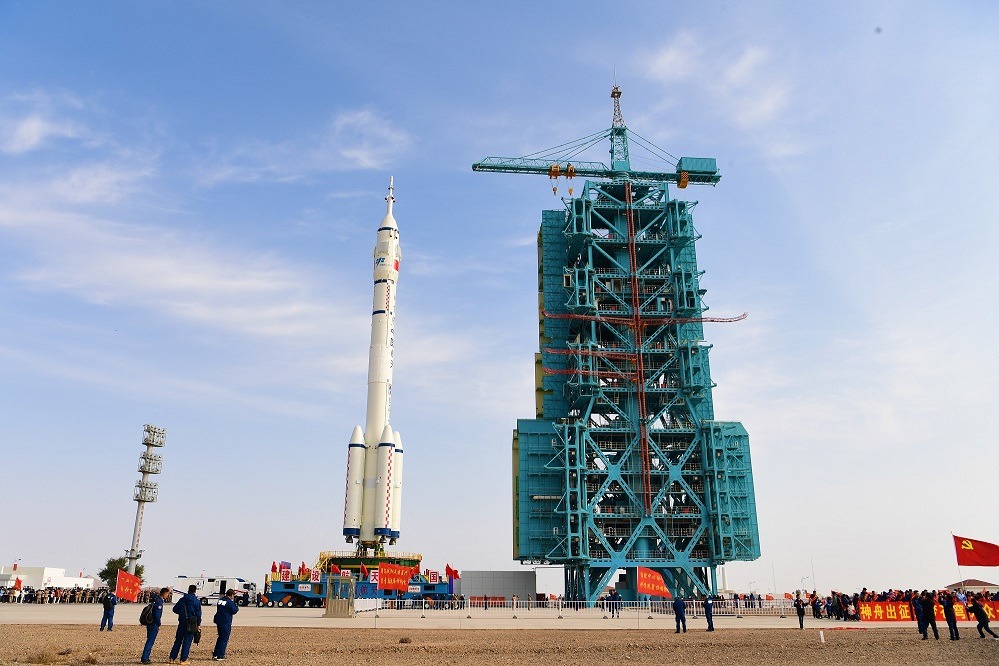Food for thought

| Nobeji Boniphace (left) and Daniel Daninga (right) believe Tanzania can learn from China's effort to balance urban and rural development. Zhang Lei / China Daily |

Tanzanians Nobeji Boniphace and Daniel Daninga hope their bold decision to study in China will help them make a mark on their homeland's food security situation
It can be a tough decision to move countries and more difficult when it involves quitting a good job. But that's exactly what Tanzanians Nobeji Boniphace and Daniel Daninga did last year, in order to study in China. Forty-year-old Boniphace was a senior planning officer at the Tanzanian Commission for Universities until September last year and Daninga was a university lecturer when they boarded a flight bound for Beijing and a place on a PhD program at the Chinese Academy of Agricultural Sciences (CAAS).
It was September 6 when they landed and Boniphace recalls being impressed by the modernity of his surroundings on the drive from the airport to downtown.
China and Tanzania have a long history of education exchanges and exchanges with Africa in general have been on the rise. At the China-Africa Cooperation Forum pledges were made to make more China study scholarships available to African students.
Boniphace and Daninga were among a handful of Tanzanian students accepted to study at CAAS each year, after applying through their homeland's ministerial department.
Their decision to quit work and go to China wasn't based on a whim, but a desire to improve Tanzania's food security.
"My PhD program here is agricultural economics and management," says Boniphace. "China is doing well in terms of agriculture. Understanding China's development, and its evolvement in terms of agriculture and science, can really help us make the right policies for ourselves.
"The government's role in coordinating and delivering the right message to its sub-level administrations, especially in areas of agriculture, is what interests me most."
His first semester covered general agricultural studies, statistics and the Chinese language. Now he is specializing in the statistical analysis of agricultural development around the world and specifically in China.
"During these courses, I have to take the good things from China, not everything of course," he says. "And concerning the culture, we have our ways to deal with things; but still there is a lot to learn.
"China is a developing country itself, there is much to work on of its own, but China is doing very well in economics. I believe the China model is more adaptable to us."
Boniphace believes Tanzania could learn from China's efforts to balance urban and rural development.
"I am interested in public policy analysis; particularly I want to focus on its impact on food security, the household and income in Tanzania," he says.
"The improvement of food security is of vital importance to us."
One of the hottest topics in terms of food security is genetically modified crops. Boniphace hopes they will offer greater food security to Tanzania and the rest of Africa.
"I believe if genetically modified crops are safe for human health and free of disease and infection, that would be great for Africa," he says.
But he does not want this to come at the expense of environmental damage.
Tanzania currently depends largely on small farms to produce its food. Boniphace believes any policies related to food security should vary between regions to take into account different circumstances.
"Policy is developed by the central government in Tanzania. The regional governments implement it. I want to see how it influences the improvement of food security and the income of small farmers by using the models I learn here in China," he says.
"Food security and income have principle models for analysis."
"My professor is a specialist in food security, who has a lot of experience. We will talk about food access and food security; the principle remains the same. My professor will make sure that I choose the right models and right analysis tools to get to the facts, so that the conclusion I get is based on scientific evidence."
Daninga is positive about China's investment in Africa.
"We had bad infrastructure and the Chinese really helped us putting our roads into good condition. Bridges, skyscrapers; many of their contractors are from China. We've seen good progress in terms of infrastructure thanks to China," he says.
Despite Tanzania's advances there remains room for improvement, he says.
"In some areas I've heard complaining about the building quality," he says. "I don't blame China. China's doing well in Tanzania in general, just that the quality of services is not as good. We are a developing country, years behind. If China gives or provides bad services, in no time it will get us into trouble, not advanced but moved backward."
Daninga is studying agricultural economics in Tanzania, and currently specializing in agricultural insurance.
Tanzania has been affected by global warming, which has damaged agriculture, he says.
"We are not having enough rain," Daninga explains. "Seasons have changed, and farmers need to be assured they can continue production, or food security will be in jeopardy.
"My country is new in this area. Just last year we introduced a pilot study, so there is much not known. More research has to be done to know the right model to follow, and China is good enough in this, and has been dealing with this for years. If I play my part, I think I can come up with some good suggestions on how insurance can be improved in Tanzania."
Daninga and Nobeji are positive about China-Africa relations. "In any relations, there must be mutual benefits," says Daninga. "For us, the best way is to have advanced technology that we are able to use by ourselves, then we won't have so much worry about China taking our resources."
China's emerging market status also means it has much in common with Tanzania, he adds.
"China has a similar background with Africa in terms of GDP per capita. Now we have China to be a role model. We can learn more from China rather than from the West."
zhanglei@chinadaily.com.cn
(China Daily 02/08/2013 page23)
Today's Top News
- Xi-Trump meeting vital for steering Sino-US ties
- China, US reach consensuses on tariffs, export restrictions
- China unveils outcomes of China-US economic, trade talks
- Xi calls for steady progress in ties
- Xi calls for steady sailing forward of the giant ship of China-US relations
- Xi says ready to work with Trump to build solid foundation for bilateral ties































